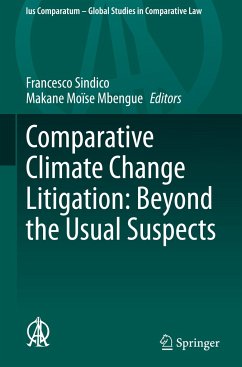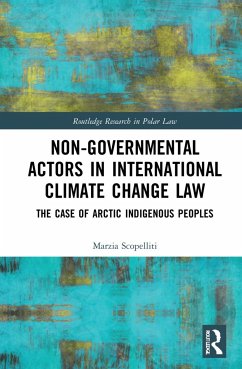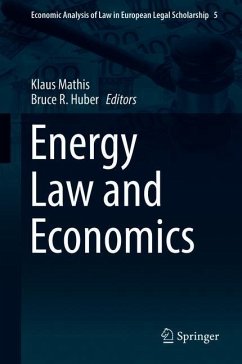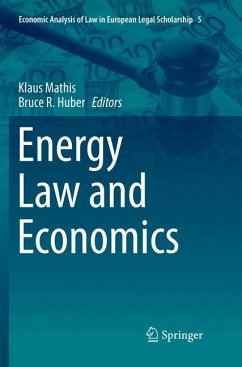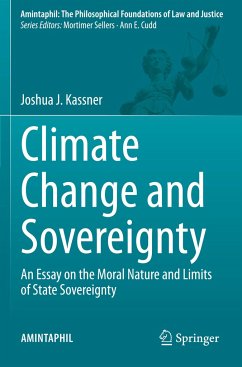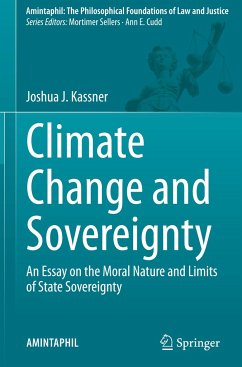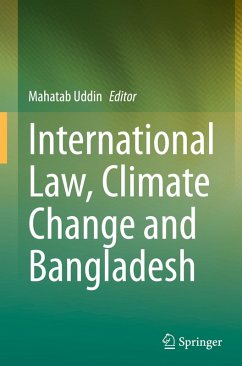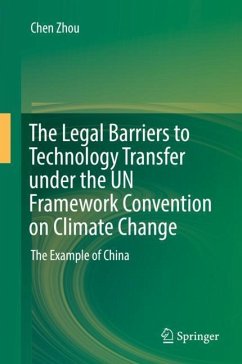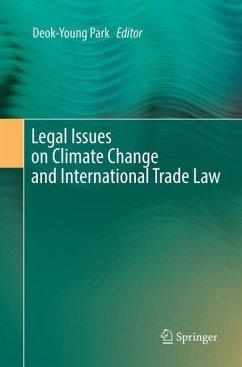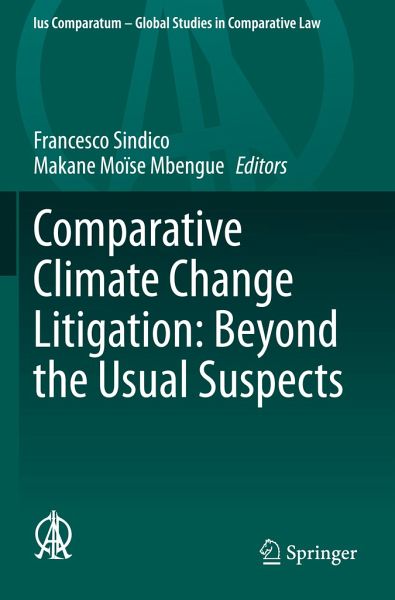
Comparative Climate Change Litigation: Beyond the Usual Suspects
Versandkostenfrei!
Versandfertig in 6-10 Tagen
149,79 €
inkl. MwSt.

PAYBACK Punkte
0 °P sammeln!
This book is based on the acknowledgment that climate change is a multifaceted challenge that requires action on the part of all stakeholders, including civil society, and the notion that climate change is at a tipping point with urgent measures needed in the next decade. Against this background, civil society is turning its attention to the courts as a means to directly influence climate action, partly because of the global scepticism towards the progress of global climate action, despite the ongoing implementation of the Paris Agreement. Focusing on the individual, broadly representing civil...
This book is based on the acknowledgment that climate change is a multifaceted challenge that requires action on the part of all stakeholders, including civil society, and the notion that climate change is at a tipping point with urgent measures needed in the next decade. Against this background, civil society is turning its attention to the courts as a means to directly influence climate action, partly because of the global scepticism towards the progress of global climate action, despite the ongoing implementation of the Paris Agreement. Focusing on the individual, broadly representing civil society, the book offers fresh perspectives on climate change litigation.
While most of the literature on climate change litigation examines the same specific jurisdictions, mostly common law countries (US and Australia in particular), this book also considers specific countries in Asia, Africa and Latin America with little or no climate change litigation. It explores the reasonsfor thelack of litigation and discusses what measures should or could be taken to change this situation and push forward climate action.
Unlike other literature on the subject, this book analyses climate change litigation using a scenario-based methodology. Combining rigorous academic analysis with a practical policy-oriented focus, the book provides valuable insights for a wide range of stakeholders interested in climate change litigation. It appeals to civil society organisations around the world, international organisations and law firms interested in climate change litigation.
While most of the literature on climate change litigation examines the same specific jurisdictions, mostly common law countries (US and Australia in particular), this book also considers specific countries in Asia, Africa and Latin America with little or no climate change litigation. It explores the reasonsfor thelack of litigation and discusses what measures should or could be taken to change this situation and push forward climate action.
Unlike other literature on the subject, this book analyses climate change litigation using a scenario-based methodology. Combining rigorous academic analysis with a practical policy-oriented focus, the book provides valuable insights for a wide range of stakeholders interested in climate change litigation. It appeals to civil society organisations around the world, international organisations and law firms interested in climate change litigation.





